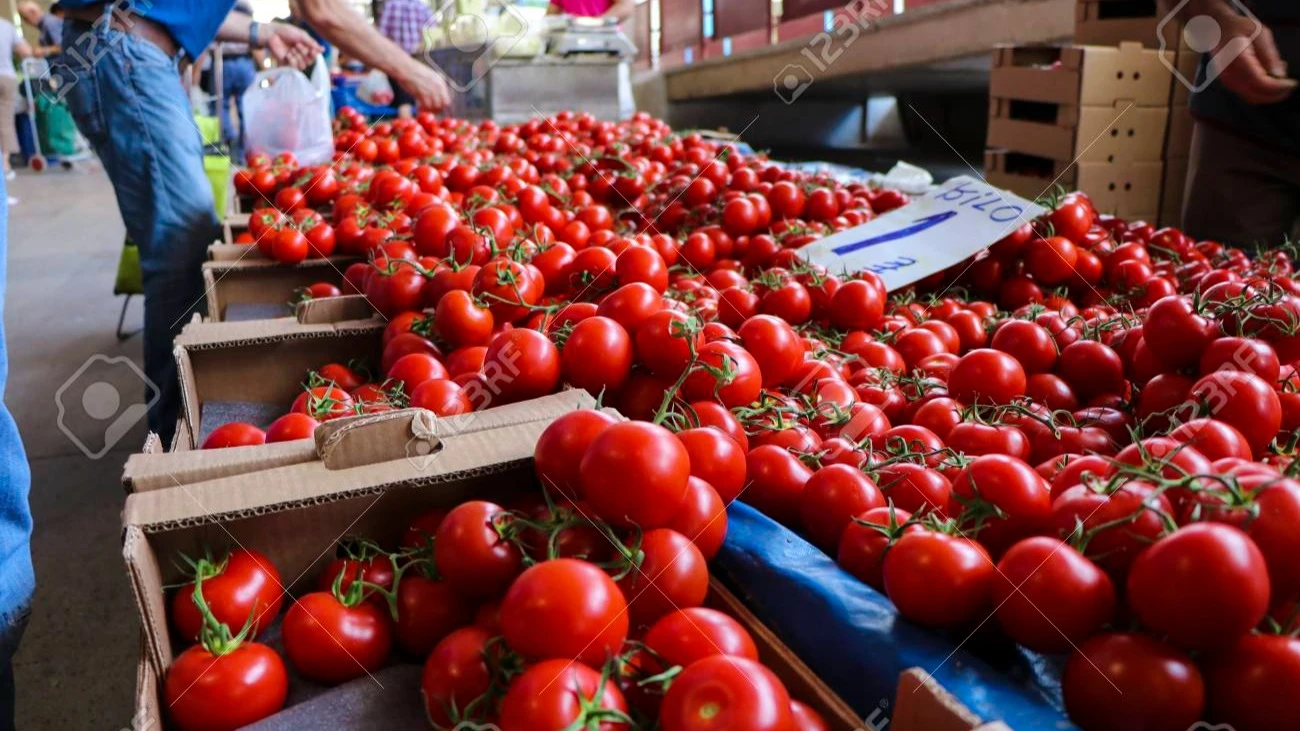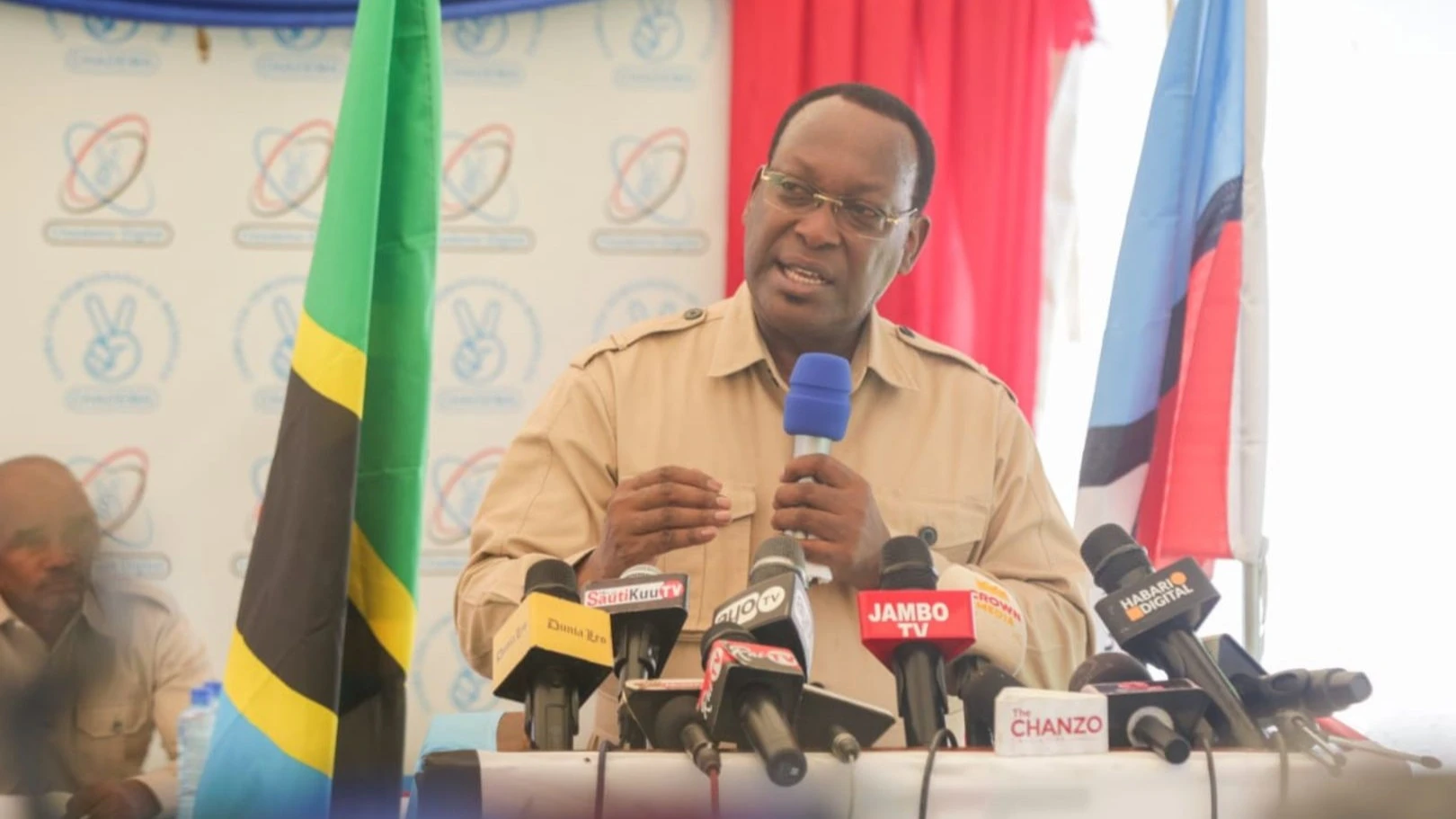New plan seeks to recover African vegetable varieties

A NEW initiative led by the World Vegetable Centre (WVC) aims to tackle hunger, malnutrition, poverty, and the climate crisis by rescuing and conserving biodiversity of African vegetables.
The African Vegetable Biodiversity Rescue Plan, announced at the 2024 Africa Food Systems Summit in Kigali, Rwanda, seeks to bring increased resources and attention to native crops in Africa. These crops are often nutrient-dense and can thrive with minimal space and inputs compared to other species. However, many have been neglected or underutilised, according to the Crop Trust.
As the rescue plan is implemented, farmers, breeders, and researchers in sub-Saharan Africa will use the rescued genetic material to boost the availability of healthy foods. School feeding programmes and homestead production will then help make these vegetables accessible to local communities.
The initiative was prompted by a study from the WVC, which highlighted the inadequate protection of biodiversity in Africa. Vegetables are also underrepresented in genebank collections, particularly in Africa, said Maarten van Zonneveld, Head of Genetic Resources at the WVC.
“There’s an urgent need to rescue and conserve African vegetable biodiversity so that we can address malnutrition,” he said.
Globally, more than 3 billion people cannot afford a healthy diet, according to the latest State of Food Security and Nutrition in the World report. In Africa, approximately one-fifth of the population is undernourished. The World Health Organization recommends a minimum intake of 240 grams of vegetables per person, but many people in sub-Saharan Africa consume less than a third of this amount.
The Rescue Plan is part of the Vision for Adapted Crops and Soils (VACS) initiative, which aims to enhance agricultural productivity and nutrition through the development of diverse, climate-resilient crop varieties and healthy soils. Importantly, van Zonneveld explained, it is a country-driven project, developed by representatives from three different African plant genetic resources networks.
“There’s significant momentum,” van Zonneveld said, “and a strong recognition of the necessity to implement this African Vegetable Biodiversity Rescue Plan.”
Top Headlines
© 2024 IPPMEDIA.COM. ALL RIGHTS RESERVED






















